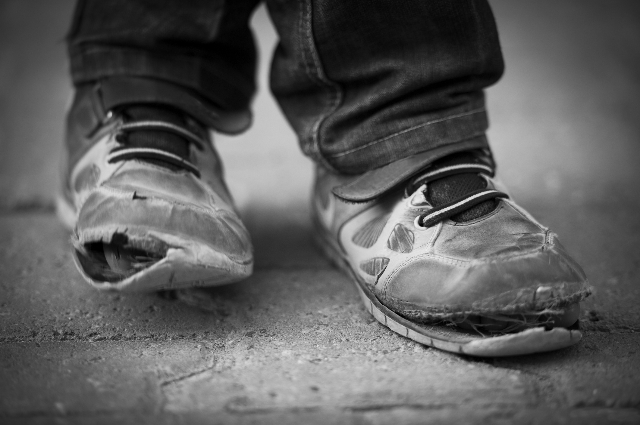Poverty is a medical condition, study finds
The link between achievement and income is well documented, but a new study has confirmed that the effects of poverty on children are physiological as much as they are social.
The analysis, released last week by the Journal of the American Medical Association, pulled data from brain scans of hundreds of children. It found that kids from poor households had smaller amounts of gray matter in areas of the brain associated with learning (gray matter is the tissue that processes information) than kids from more financially secure households.
JAMA's research isn't the first of its kind. Earlier this year, the journal Nature Neuroscience reported that brain surface area was linked to income, most noticeably among the poorest children. JAMA's research reached similar conclusions.
"It was really when we started getting down into real poverty, real abject poverty, that we started seeing a difference," Seth Pollak, a professor of psychology at the University of Wisconsin-Madison and co-author of the JAMA study, told Bloomberg.
"Children in households below the federal poverty level — an annual income of about $24,000 for a family of four — had gray matter volumes seven percent to 10 percent lower than what would be expected for normal development," Bloomberg reported.
Pollak attributed variances in gray matter to differences in amount and quality of stimulation. Poor children "are getting too little of things we need to develop the brain and too much of things that inhibit brain growth," he said.
That includes stimulation from parents and lack of basic learning tools like books or games. More practically, poor neighborhoods "may not have grocery stores with fresh food, leading to nutritional deficits."
The research has caused Pollak to reconsider how poverty is categorized. It is a medical problem, he explained, in addition to a social condition.
"We like to believe in the United States that education is an equalizer, that everyone has a fair shot," he told Bloomberg. "This is sort of suggesting that we have some people entering kindergarten not getting a fair shot."
Lane Anderson, a reporter for Deseret News National, explored the effects of scarcity on adults.
"When a person lacks something important — food, time, money, or even friendship — the scarcity can overwhelm the brain in a way that leads to counterproductive, often damaging decisions," she wrote.
Thankfully children raised in poverty are not doomed to remain impoverished through adulthood. According to John Gabrieli, an MIT neuroscientist, brain plasticity, the brain's ability to alter or change its neural pathways, offers a way out.

















